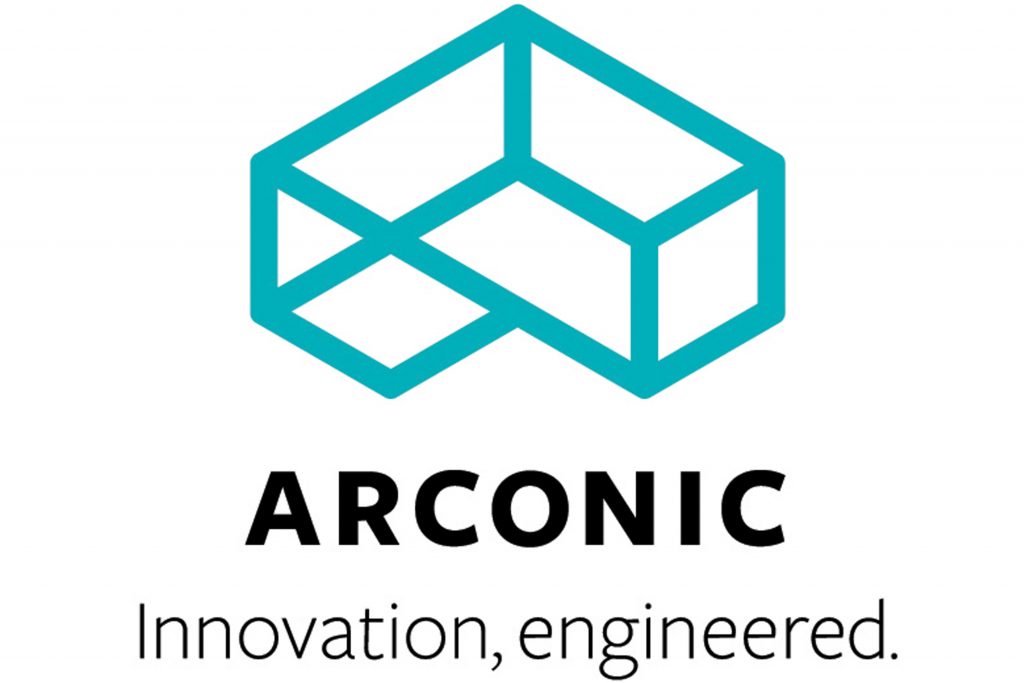
With apologies to the Beatles:
Yesterday, Arconic’s stock price began to fade away
An expected buyout had been pushed away
Elliott needs to find another way
It was this close to a deal, but Arconic(ARNC) announced yesterday that it was no longer pursuing a sale of the company. Last week, the Wall Street Journal had reported that a deal was close for Apollo Global Management(APO) and Elliott Management at between $21 and $22 a share. Now, the Wall Street Journal reports that Apollo and Elliott were surprised to learn via Arconic’s press release that the deal was off. Apollo had raised its offer to $22.20 over the weekend, but Arconic’s board wanted $23. Elliott, which owns nearly 11% of Arconic and earlier won a settlement in a proxy fight, would have purchased “the building-and-construction systems business to separate liabilities stemming from the disaster from the rest of the company and ensure the unit was adequately capitalized and insured.” That unit manufactured the panels that contributed to the 2017 Grenfell Tower fire disaster which killed 72, and there is significant potential liability there. The company aims to continue to try to sell that division.
The company’s release was terse:
John C. Plant, Chairman of Arconic, said, “Together with management, we have been conducting a rigorous and comprehensive strategy and portfolio review over the past year and as part of that process considered a sale of the company, among other matters. However, we did not receive a proposal for a full-company transaction that we believe would be in the best interests of Arconic’s shareholders and other stakeholders.”
“We will continue with the previously announced sale process for our Building and Construction Systems business. More broadly, we remain strongly focused on creating value for Arconic shareholders, through continued operational improvements and through other potential initiatives which we have identified in our strategic review.”
Arconic is the parent company which remains after 2016 spinoff of Alcoa(AA). Brooke Sutherland of Bloomberg suggests that price was not the only reason that Arconic decided to pass on the deal.
But as I noted last week, the increasing contortions by both Apollo and Arconic’s largest shareholder Elliott Management Corp. to make a deal work suggested one probably shouldn’t happen at all.
Among the complicating factors were volatility in the high-yield debt market and belabored negotiations over the fate of a cladding business implicated in London’s Grenfell Tower fire in 2017. To get around the first, Apollo was seemingly biding its time and waiting for a window to obtain the financing it needed to complete a takeover. With credit markets thawing recently, it likely could have pulled that off one way or another (Reuters reports Apollo’s offer was fully financed). But you have to question the wisdom of loading up Arconic with enough debt to merit a credit downgrade to the single B level at a time when economic concerns are mounting among industrial companies. On Tuesday, Stanley Black & Decker Inc. plunged more than 15 percent after forecasting a modest slowdown in revenue growth for 2019 and an earnings-per-share gain that was weaker than analysts had anticipated.
To that end, I was struck by the fact that Arconic’s chairman John Plant said the company chose to remain independent because it didn’t feel the takeover proposals it had received were in the “best interests of Arconic’s shareholders and other stakeholders” –emphasis my own. Clearly, shareholders would have preferred a deal; the stock slumped about 20 percent after Arconic said it would no longer pursue a sale. But it’s not difficult to make the case that employees, suppliers and customers could be worse off if Arconic were to attempt to shoulder a mountain of extra interest expense in addition to the rising costs, tariffs and currency swings that are already pinching companies’ profitability. That burden could become more untenable if a global recession were to undermine the strong air-travel demand that’s fueled Boeing Co. and Airbus SE’s record backlog and, by extension, Arconic’s growth.
Arconic stock traded down nearly 16% yesterday to close at $17.09, well below the deal price and even farther below last January’s price of over $30. The company remains burdened by potentially crushing legal liabilities and substantial debt. The industries in which it operates are cyclical and seem to be past the peak of their cycles. Shareholders may soon come to regret that their Board did not take the deal that was in front of them.
Disclosure: The author holds no shares in any stock mentioned
Likes